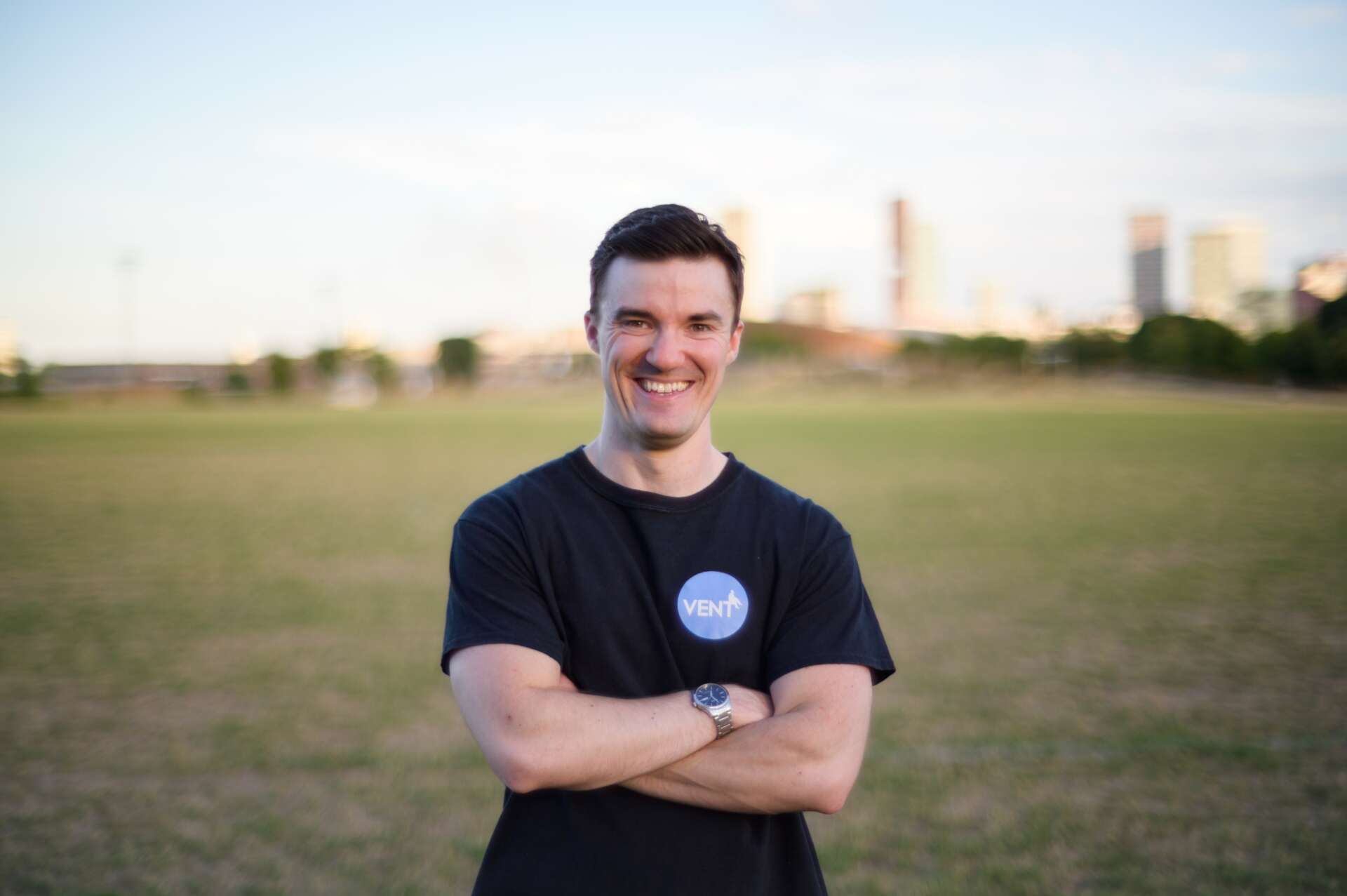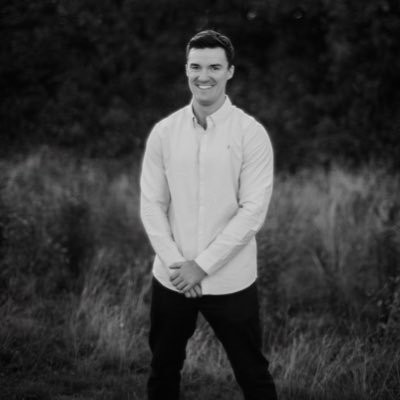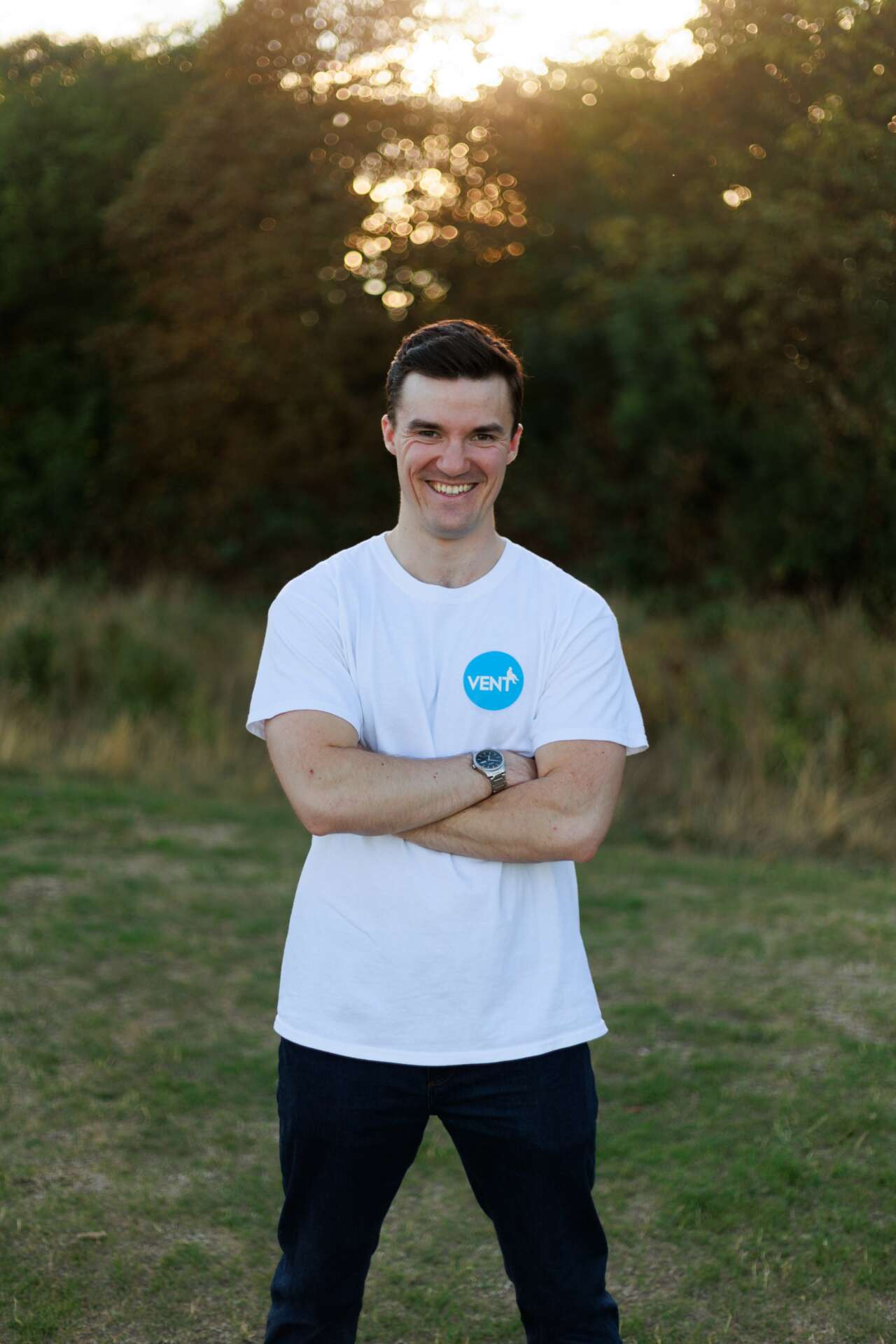We recently connected with Freddie Cocker and have shared our conversation below.
Alright, Freddie thanks for taking the time to share your stories and insights with us today. Let’s start with the story of your mission. What should we know?
I started my mental health platform VENT in September 2017.
Vent is a place where everyone, but especially men and boys can open up about their mental health issues, break down stigmas and start conversations.
I started VENT for two reasons. The first was my own lived experience of mental health issues in childhood. I have diagnosed Anxiety and PTSD which was the result of nine years of bullying in primary and secondary school respectively.
This took several forms in that period including physical abuse, verbal abuse, one incident of sexual abuse and online abuse as well.
The second was my desire to give a platform where everyone, but especially men and boys where they could express themselves in a safe and non-judgemental space, break down stigmas and taboos amongst men about speaking about their mental health and change the narrative we had around society’s attitudes towards men and masculinity.

Awesome – so before we get into the rest of our questions, can you briefly introduce yourself to our readers.
Through VENT, I offer several outlets for people to share their story. I have a website where people can write publicly or anonymously about their story.
I have a podcast called ‘The Just Checking In Podcast’ (www.soundcloud.com/venthelpuk) where I interview people from all walks of life about their mental health as well as anything and everything else they are passionate about. If it helps that person with their mental health, we discuss it.
I also have a bi-annually music night called ‘Just Checking In Live’ where the community I’ve built over the last five years can come together, have fun, dance and check in with someone about their mental health.
I believe VENT is unique because I have the conversations about mental health that most people, even other mental health podcasts and outlets don’t want to have, either because they are too uncomfortable or the issue is too stigmatised for them.
I have covered issues on the podcast and the platform including: Sexual abuse, self-harm, suicide, eating disorders, war, PTSD, Bipolar, Borderline Personality Disorder (BPD) and many more.
I am most proud of the impact that VENT has had on my podcast guests and the people who have written for me, especially my close friends whom I have helped too. Seeing the progress they’ve made and the positive impact its had on them, their self-awareness and subsequent improvement to their mental health fills me with immense pride and makes it all worth doing.
Have any books or other resources had a big impact on you?
There have been several books that have helped my own mental health as well as my ability to support other people and help them.
The first ‘mental health bible’ as I call it is Matt Haig’s ‘Reasons to Stay Alive’. For anyone with zero knowledge of mental health or mental illness this is the quintessential book to start with.
The second is ‘The Scout Mindset’ by Julia Galef. This taught me the value of not wasting time or energy on things which don’t serve me and my ‘map’. This could be getting in pointless arguments on social media or in real life, avoiding procrastinating or letting conflict go unresolved.
The third and final book is Jordan Peterson’s ’12 Rules for Life: An antidote to chaos’. Jordan’s writing about personal responsibility for one’s mental health, proactive work on yourself, ‘cleaning your room’ and putting words into action to improve your own life was hugely beneficial and shapes my attitude towards life and how I help others, particularly men.


Let’s talk about resilience next – do you have a story you can share with us?
Over the last seven years since I graduated from university, I have done five rounds of therapy including three rounds of Cognitive Behavioural Therapy (CBT) and two rounds of Eye Movement Desensitisation and Reprocessing Therapy (EMDR).
Through this therapy, I have confronted, addressed and healed from the vast majority of my mental health issues.
I have stopped self-harming after 15 years of doing it, gained management and coping strategies for my anxiety, healed from the sexual abuse which could have destroyed my mental health and healed my inner child which I was still clinging onto subconsciously.
In-between those two rounds of EMDR, my first therapist tragically and sadly took her own life and I view it as testament to my own resilience and recovery that I did not let it derail it. Instead, I grieved for an appropriate amount of time before finding a new therapist who helped me continue that part of my therapy journey.
If that had happened even five years before, I doubt I would have reacted in the same way.
Contact Info:
- Website: www.vent.org.uk
- Instagram: https://www.instagram.com/venthelpuk/
- Facebook: https://www.facebook.com/Venthelpuk
- Twitter: https://twitter.com/VenthelpUK
- Youtube: https://www.youtube.com/@vent8871
- Other: Podcast: www.soundcloud.com/venthelpuk
Image Credits
Image Credit: William Jones-Warner


